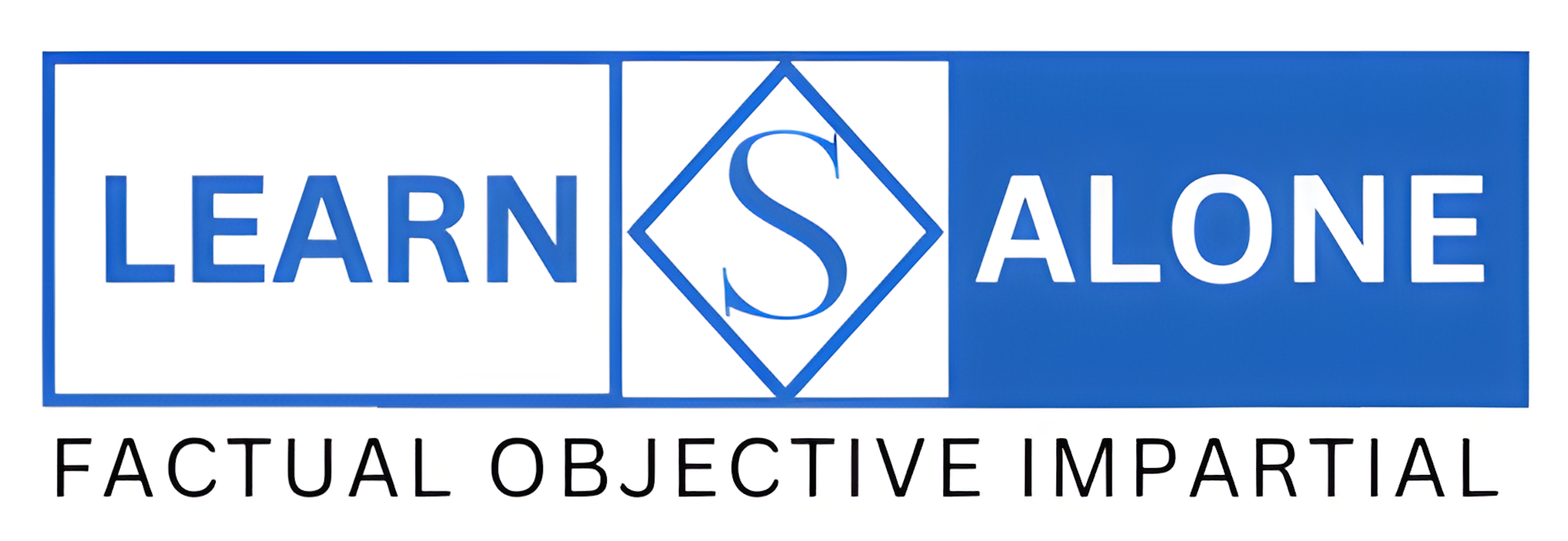On June 23, 2025, Sierra Leone was shaken by harrowing allegations implicating 57-year-old Lebanese businessman Ahmad Basha, CEO of Basha Restaurant, in a case involving the confinement, drugging, and sexual exploitation of three 15-year-old girls at his Freetown residence. As Basha remains in custody at Aberdeen Police Station, the incident has sparked national outrage—not only at the grotesque nature of the alleged crimes, but at the broader institutional, familial, and cultural failures that allowed such a case to unfold. This moment demands more than anger; it calls for deep, critical reflection. Who truly bears responsibility for such horrors? The alleged perpetrator? The guardians of the girls? A flawed justice system? Or society at large, which sometimes dares to question the innocence of children?
1. The Alleged Perpetrator: Power, Privilege, and Predation
At the heart of this scandal is Ahmad Basha, whose alleged actions—if proven—represent calculated, criminal predation. Holding minors against their will, administering narcotics, and engaging in sexual abuse are not ambiguous accusations. These acts, under the Sexual Offences (Amendment) Act of 2019, qualify as aggravated child sexual exploitation, punishable by up to 15 years’ imprisonment, or more under specific provisions. The reported use of drugs to impair the judgment and resistance of the victims is particularly damning. This is not a case of misunderstanding or miscommunication; this is premeditated violence against vulnerable children, executed by a man in a position of wealth and power.
But the question must go beyond Basha’s alleged deeds. Has he done this before? Were there warning signs that the community ignored? If true, these are not isolated actions—they are part of a potential pattern of exploitation, perhaps shielded by privilege and status. For this reason, public outrage is not only justified—it is necessary.
2. The Parents: Neglect, Ignorance, or Helplessness?
While the public focus centers on Basha, scrutiny is also beginning to touch the families of the victims. How could three young girls go missing for a week without immediate alarm bells ringing? Were these families aware of their daughters’ whereabouts, associations, or vulnerabilities? While it is unjust and inaccurate to assign legal blame to the parents, especially when they themselves may be victims of a broken system, questions must be asked.
Too often, especially in low-income communities, parents are overwhelmed—working long hours, managing broken homes, or navigating environments where child supervision becomes a luxury rather than a norm. Still, this cannot excuse total unawareness. In the absence of collective community vigilance, predators thrive. This case is a call to action for better parental education, support systems, and neighborhood watch initiatives. Protecting children is not just a family responsibility—it is a societal one.
3. The Justice System: Broken Promises and Selective Justice
Even with the Sexual Offences (Amendment) Act of 2019 in place—legislation that toughened penalties for crimes against children—the justice system in Sierra Leone remains plagued by distrust. Citizens have grown weary of seeing well-connected individuals escape justice through bribes, influence, or legal loopholes. Human rights advocates, journalists, and even musicians have amplified calls for transparency and accountability in the Basha case.
As this case unfolds, Sierra Leone’s law enforcement agencies and judiciary are facing a test of credibility. Will they act swiftly, thoroughly, and impartially? Or will this, like so many past scandals, be buried under bureaucracy and hush money? The public is not only demanding justice for three girls—they are demanding a systemic overhaul that ensures equal protection for all, not just the privileged.
4. The Girls: Victims, Not to Be Blamed
Perhaps the most insidious narrative lurking beneath the surface is one that attempts, subtly or overtly, to shift blame onto the victims. “Why did they go to his house?” “Were they tempted by money or gifts?” These are the whispered insinuations that perpetuate rape culture and victim-blaming—dangerous and legally baseless ideas.
The law is crystal clear: children under 18 cannot give informed consent to sex, and certainly not when drugs, coercion, or deception are involved. To suggest otherwise is to betray the very foundations of justice and child protection. These girls are victims. Period. Society must reject any discourse that questions their purity, decisions, or morality. Instead, the conversation should center on how to empower young girls through education, awareness, mentorship, and institutional support, so they are never vulnerable to such manipulation again.
Conclusion: Beyond Outrage—Toward Reform
The Basha case is more than a shocking headline—it is a mirror held up to Sierra Leonean society. It reflects the entrenched inequalities, the failures of law enforcement, the fragility of family structures, and the toxic cultural norms that too often protect predators while punishing victims. Yes, the legal system must act. Yes, Ahmad Basha—if guilty—must face the severest penalties under the law. But punishment alone is not enough.
This is a moment for national reckoning. Parents must be better equipped. Police must be better trained. Laws must be properly enforced. Society must change the way it talks about sex, power, and blame. And most importantly, we must all—regardless of gender, class, or age—stand unequivocally on the side of children.
Let the courts speak with justice, but let the people speak with courage. The Basha case should not be the end of a tragedy. It should be the beginning of a transformation.
Edward Dictionary Caulker is a journalist and social commentator based in Freetown. He writes on justice, governance, and human rights.




